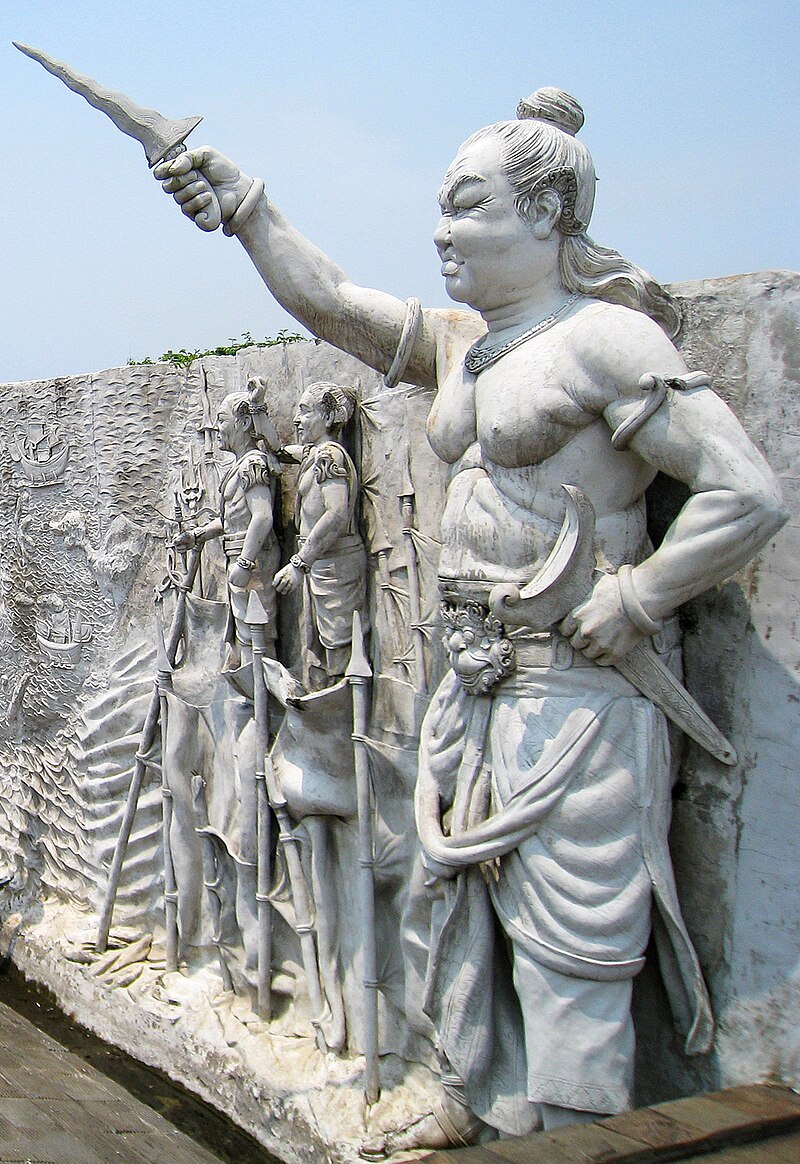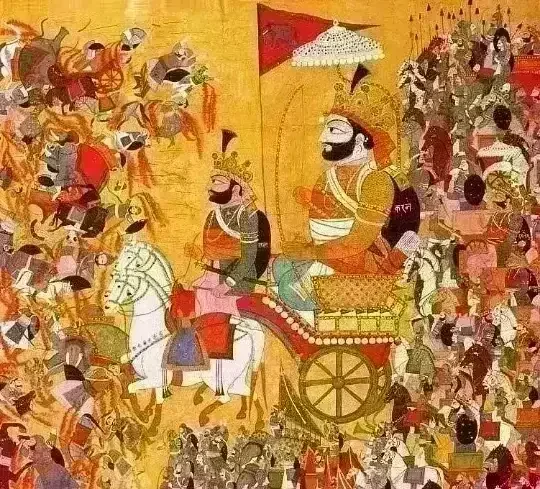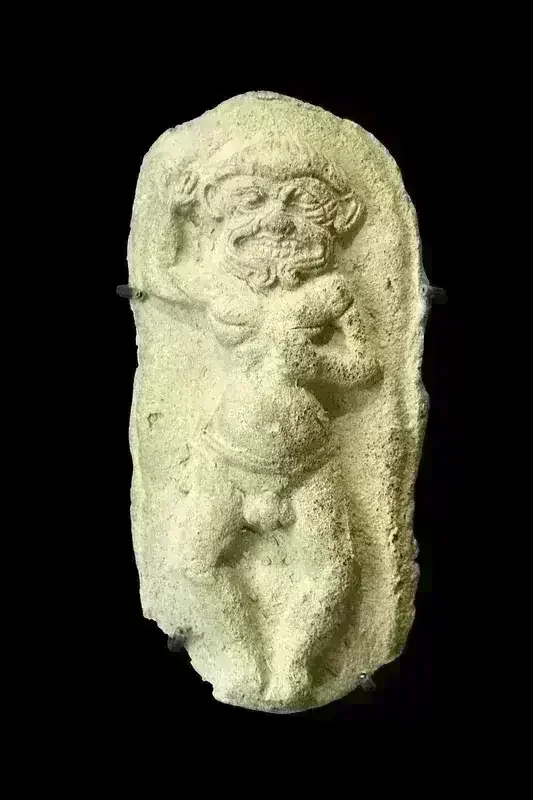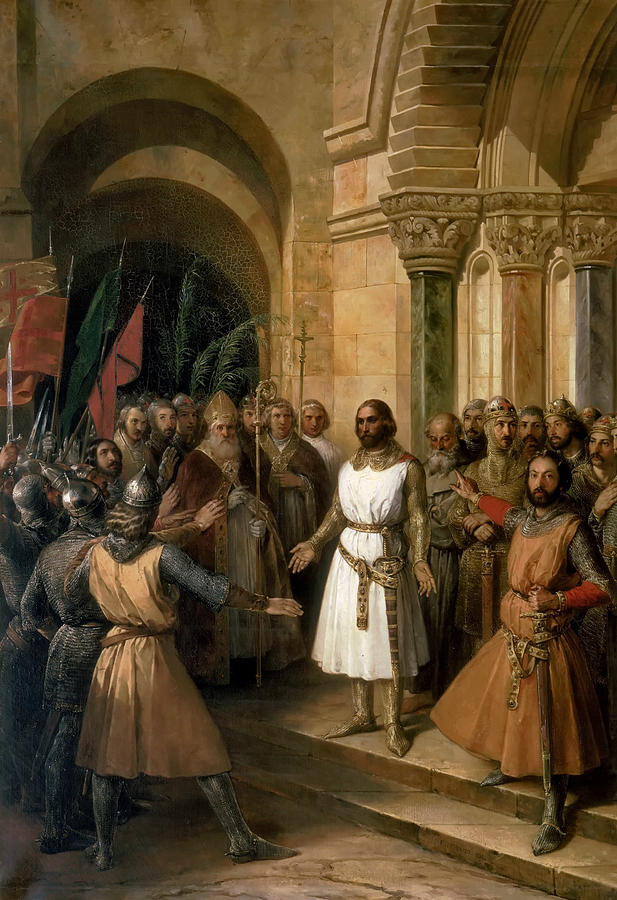Gajah Mada

Gajah Mada (c. 1290–c. 1364), also known as Jirnnodhara, was a formidable military leader and mahapatih (prime minister) of the Javanese empire of Majapahit during the fourteenth century.
Old Javanese manuscripts, poems, and inscriptions credit him with elevating the empire to its zenith of power and territorial extent. Gajah Mada is most famous for his Sumpah Palapa (Palapa Oath), in which he vowed not to enjoy the pleasures of life until he had unified the entire Southeast Asian archipelago of Nusantara under Majapahit's dominion. Under his leadership, Hindu epics including the Rāmāyana and the Mahābhārata became deeply embedded in Javanese culture and worldview, particularly through the performing art of wayang kulit (shadow puppet theater).
Modern Indonesia regards Gajah Mada as a crucial national hero and symbol of patriotism and national unity. Historical knowledge of his life, political career, and administration derives primarily from three sources: the Pararaton (The Book of Kings), the Nagarakretagama (a Javanese eulogy composed during his lifetime), and inscriptions dating from the mid-fourteenth century. Gajah Mada's career exemplified the height of Majapahit imperial ambition.
As mahapatih, he wielded extraordinary authority, commanding military expeditions that expanded Majapahit's influence across the archipelago, from Sumatra to the Maluku Islands. His aggressive expansionist policies and diplomatic maneuvering transformed Majapahit from a regional power into a maritime empire that exerted suzerainty over much of what is now Indonesia, as well as parts of present-day Malaysia, Singapore, and southern Thailand. His legacy remains complex and contested.
While Indonesian nationalism has embraced him as a visionary unifier who anticipated the modern Indonesian state's territorial boundaries, historical evidence suggests Majapahit's control over distant territories was often nominal, consisting more of tributary relationships than direct administration. Nevertheless, Gajah Mada's strategic vision and administrative capabilities left an indelible mark on Southeast Asian history, and his oath continues to resonate as an expression of ambitious leadership and commitment to a unified archipelago.


